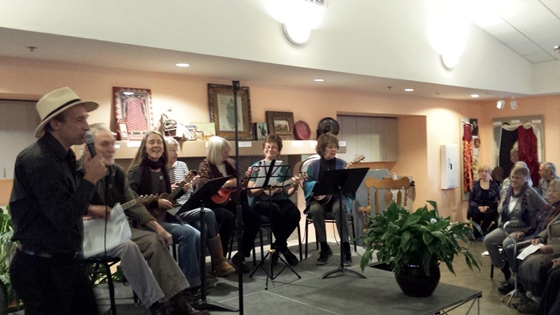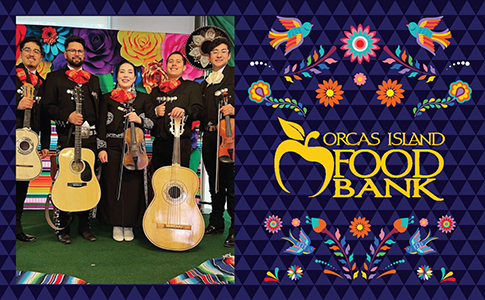— by Lin McNulty —
“Columbus sailed the ocean blue
In fourteen hundred ninety-two”
We learned to recite that little ditty in school as we were taught that Christopher Columbus’ “discovery of America” in 1492 was a defining moment in our country’s history, that it is when American history really began. We are now learning to view that auspicious October 12, 1492 in a different light as we discover the real story of slavery and slaughter that resulted from that landing.
Colorado became the first state to observe Columbus Day as an official holiday, and in 1909, Denver held its first Columbus Day parade. The day became a federal holiday in 1934.
A counter-movement began a few years ago in Berkeley, California and, coincidentally, in Denver, Colorado as a protest against Columbus Day. Last year, the City Council of Denver, as part of a slowly-but-surely-growing movement in across the country, permanently changed their second Monday in October observance to Indigenous Peoples Day. More than 25 U.S. cities have followed suit and in 2014, the City of Seattle officially swapped the October holiday for Indigenous Peoples Day.
Although Columbus Day is listed as a federal holiday in the United States, it is not observed as a state holiday in every state.
Locally, what do we know of the Peoples of the Salish Sea whose land we occupy? We briefly acknowledge and rely on their wisdom to help resolve controversial environmental issues. But there is more to this heritage. The time has come to set aside one day a year for island-wide events, presentations, and celebrations to honor and rejoice in Indigenous Peoples’ devotion to the land and to the water we now call home.
In San Juan County, it is time to for our County Council to pass a resolution and acknowledge our flawed history. It is time to honor and celebrate those who were the original land and water stewards for these archipelagic gems.








Nicely stated!
I completely agree with Lin. I’m surprised that Columbus Day is still celebrated anywhere in the United States. I was proud when I saw my home town of Seattle change it to Indigenous Peoples Day. It’s about time, and I hope we are next. Let’s quit sending mixed messages to school children.I wonder if the history books used in the schools still list Columbus as the one who discovered America. I certainly hope not.
Ginny, good point on the school books. However it appears a major amount of school books come out of Texas and the ones on American history are on par with the American history books of our youth.
The NEA is appalled at the content of these new “history books”.
Wondering what is the content of the history books used at Orcas schools
Ah Yes Brother Rudyard.Thank you his work.
The “White Man Burden”(or reign) is coming to an end. The Western European male and the N. American male has been running a large part of this world since the 1500s.
For good or bad,Now their power is weakening.Its called history and whoever wins writes the history. What will said of the “White Man`s burden”reign?
Yes. International Indigenous Peoples Day. I refuse to celebrate the myth of murderers and colonization any longer. Maybe a local ordinance that still declares it a holiday for banks and schools – but for the right reason and to honor the right people?
We could do what they do in England–declare bank holidays.